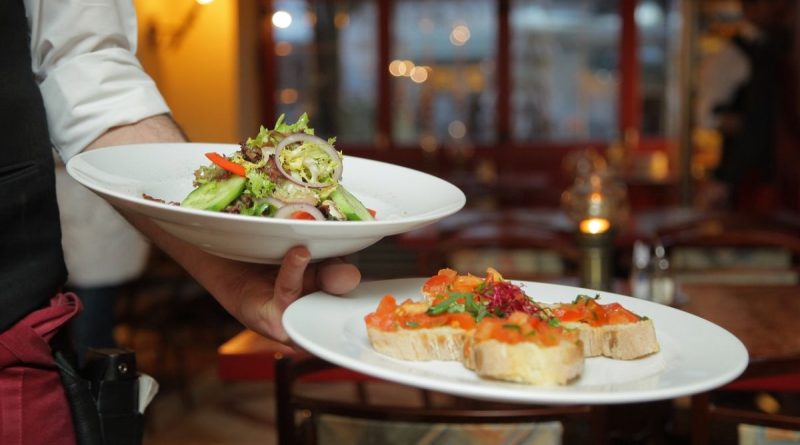10 restaurant secrets they don't want you to know | The State
Some restaurants have secrets up their sleeves that you probably don’t know and that they don’t want to tell you either. While these are situations that would happen in many restaurants, there may also be exceptions.
1. Specials may not be the coolest

Restaurant specials may seem fresh, but in many restaurants, they are ingredients that are almost past their prime and must be taken advantage of before they go bad. Therefore, these specials can be a form of avoid food waste.
2. Think twice before ordering your drink on ice

Unless you want to have your drink contaminated with microorganisms, think twice before ordering your drink on ice. Ice machines can be a bacteria culture broth and build-up of mold. Machines must be cleaned and disinfected on a regular basis; however, many restaurants do not.
A weekly cleaning schedule helps keep this build-up of unwanted organisms at bay, but it is not a substitute for professional ice machine cleaning at least every three months, explains Food Total Service.
3. They mark the second least expensive bottle of wine

Many diners feel sorry for ordering the least expensive bottle on the list, so they will opt for the second least expensive the restaurant knows; so they put the highest markup on that wine, so actually the The price of the “second least expensive” bottle could be lower than that of the bottle listed as the cheapest.
4. The menus are designed so that you spend more

The most expensive or profitable dishes are strategically placed on the menu. The Daily Meal points out that the idea is like the layout of newspapers, that put the most important articles in the upper right part of the cover. In other parts of the menu, the items you want to sell the most should be displayed in the first and last position. Another “power position” is the inside page right over the center.
5. Plastic trays are dirtier than you think

If your restaurant follows the strictest hygiene measures, this is probably not the case. But the plastic trays of chain restaurants are full of bacteria. In the case of tables, they can spray liquid with disinfectant, but how dirty is that rag or has that towel been reused?
6. It is better that you do not ask the waiter his opinion about what is good

A server probably hasn’t tried every item on the menu and if they did, the servers generally can’t tell customers that something on the menu is not good. The Daily Meal recommends that instead of asking what is good, it is better to ask what are the most popular dishes.
7. If it doesn’t taste fresh, it probably isn’t.

Dishes are not always made from scratch. The vegetables are bought frozen, also some stews and soups they are bought frozen, vacuum sealed and reheat in hot water. Other ready meals are reheat in the microwave.
8. Grill markings do not necessarily mean freshness

“Many restaurants will add fake grill marks for the illusion that it is freshly grilled meat. If your food’s grill markings seem too perfect to be true, they might be, ”shares Eat This Not That.
9. Lemonade may not be freshly squeezed.

In large restaurant chains for lemonade a concentrated juice mixThe same goes for iced tea.
10. May not be fresh fish on Sundays

If you order fish on Sunday, it will most likely not be fresh. “You know for sure that there is no fresh fish on Sundays except if you buy it fresh in Chinatown, but even they don’t eat it really fresh on Sundays,” chef Eddie Huang told The Awl.
It may interest you:
.



